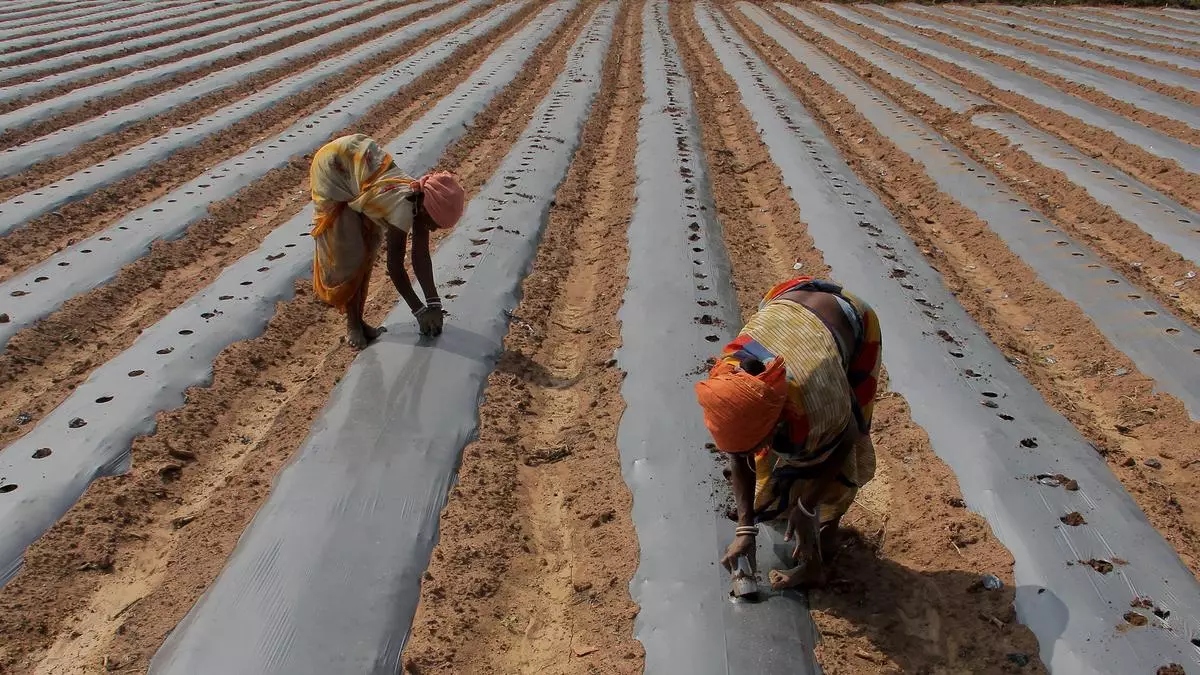SEA seeks govt support for mustard farmers to boost rapeseed meal exports
The Solvent Extractors’ Association of India (SEA) has sought the Government’s help to boost the export of rapeseed meal and maintain MSP (minimum support price) for rapeseed-mustard to support farmers.
In a memorandum to the various ministers in the Union government, Sanjeev Asthana, SEA President, said domestic prices of mustard seed are currently hovering around ₹6,200-6,300 a quintal without strengthened support for rapeseed meal exports.
Referring to the industry estimates, he said there are good chances that seed prices shall be falling below the MSP of ₹5,950 a quintal soon. “This may hurt the government effort to keep market prices of mustard seed above MSP, and create disruption to current sowing of mustard crop,” he said.
New challenges
India has long been a key exporter of rapeseed meal as an essential cattle feed ingredient in the international market, and it exported nearly 2.2 million tonnes (mt) of rapeseed meal in 2023-24, providing crucial support to farmers by enabling better prices for their produce.
Stating that this year presents new challenges, he said rapeseed meal exports have declined from 1.51 mt in April-October 2023-24 to 1.18 mt during April-October 2024-25.
Attributing this reduction to the higher pricing in the international market, he said rapeseed meal (ex-Hamburg) is quoted at $283 a tonne at present, $40-50 a tonne less than Indian prices.
A glut of soyabean meal globally is contributing to this issue, with global soyabean production up by nearly 28 mt, reaching 422 mt. Increased demand for soyabean oil for food and energy has driven crushing activities, resulting in an oversupply of soyabean meal, which, in turn, has placed downward pressure on the prices of all oil meals, including rapeseed meal, he said.
Disposal an issue
Farmers have been encouraged to expand the planting area for rapeseed and mustard due to to a favourable monsoon, improved soil moisture, and strong reservoir water levels. “If weather conditions remain conducive, we anticipate a bumper crop of over 13 mt. While this is a promising development, it also presents a challenge: despite a potentially record-breaking harvest, the disposal of rapeseed meal remains a significant issue,” Asthana said.
In addition to this, very low prices of maize DDGS (due to continuous increasing production of ethanol) and abnormally low prices of ricebran de-oiled meal (due to export ban on ricebran meal / de-oiled ricebran) are replacing domestic demand for rapeseed meal in feed formulation (cattle and poultry).
“To ensure market stability, we need to export at least 2.5 mt of rapeseed meal this year. However, with current exports already down by 22 per cent in the first seven months of fiscal year 2024-25, urgent support is required,” he said.
Considering the poor price scenario of mustard meal domestically, SEA memorandum requested the Government to take suitable action to reduce glut of maize DDGS (dried distiller grain solids) and de-oiled ricebran (by allowing export).
They also requested an export incentive of at least 15 per cent for rapeseed meal by way of high RoDTEP (Remission of Duties and Taxes on Exported Products) rates, freight subsidy, interest rate subvention to make export competitive.
“This is to ensure that domestic prices remain above the MSP for rapeseed/mustard and crushing parity to increase availability of edible oils,” Asthana said in the memorandum.
